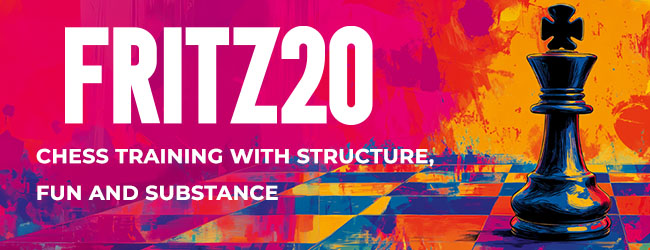
Below are excerpts. For the full interview click here.
Guardian - You are the youngest ever US grandmaster in history. Not such a bad thing to have on your resume. What was your first thought when you became GM?
Samuel Sevian - I was really happy because that game I had to win to become grandmaster was a really intense game! It came down to the wire, and I was able to win it, so it was really exciting in the moment. After the tournament, it settled down, so I understood more what it meant.
(...)
I understand that you have your eyes on a world championship. What do you need to do to get there?
Anyone who plays the game has eyes on the World Championship title, and if they say otherwise, don’t believe them. Basically, though, it comes down to work ethic, and when I say I want to become world champion, I think that time will show. I just became a grandmaster, and there are still so many steps to get to that title.

Beating a Top Ten player is a good start on the lofty dream
Matches can span a long period of time, what’s the longest match you have ever played?
I played in a big tournament a few months ago in the Netherlands called Tata Steel Chess, and in the fourth round, I was playing the former European Champion, Vladimir Potkin. The game went a little more than seven hours.
How do you sustain yourself –mentally, physically and emotionally – from exhaustion in long matches?
Well basically during tournaments, a win really adds to your confidence, and I don’t really get hungry.
Because of the adrenaline?
I drink water, but I don’t need anything else. But I do stay physically fit in general. I go to the gym. I run and swim and play sports, which you should do for these long games that can last so many hours.
Despite the fact that a match can last a long time, there is a time limit for making your move. How can you stay ahead of the clock, and when is it most challenging to have the clock in your ear?
Right now I have some problems with my time management because I can start calculating the line and get very deep into the variation, and this is time-consuming. I am working on it. Of course, when you are up on time, you play a little differently.

Thanks to his meteroic rise, Sevian has had the privilege of receiving training by Garry Kasparov
Notably, you’ve had the chance to train with Garry Kasparov. What’s been the best part of training with him?
I like to watch and listen to Kasparov and try to get into his mind to see how he thinks. He’s one of those unique players who is able to give many ideas at once. It’s hard to evaluate all of the ideas, but that’s part of what makes him one of the best players of all time, and it’s also what I really admire about him.
If there is one thing that Kasparov says to help improve your play, what is it?
He told me to make my game a little more practical, to work on my time management, to think a little less, and to work on my decision-making process.
Well, when you think about your ability in the past to make split decisions, such as in the game you won to become grandmaster, that shows your instinct is there.
Well that was a really rare case. I had 10 seconds and thought, “That’s enough time to make a move.” But then I looked up and saw I had no time, so I just immediately made a move. It happened to be the best one.

The Guardian interviewed Samuel Sevian during his US Championship, before his win over So
You travel a lot for competition and are home-schooled, so a lot of your friends live all over the world.
I wasn’t home schooled in elementary school, but I started being home-schooled in middle school because public schools don’t allow that many absences in a month.
Which is hard when you have a lot of tournaments with adults, who are, you know, finished with school. How often do you get to see and speak with friends your age, and how has this changed over the years?
I either meet my friends at tournaments or talk to them on Skype. Most of them live in the States.
Will any of them be in St Louis?
No … not yet.
How do you balance all of the hard work of your day with being a 14-year-old?
Because I love the game I pretty much spend a lot of time playing it. I don’t have any other big interests yet. I do get to talk to friends and relax, but I do love chess.
Many people get totally overwhelmed by the infinite possibilities and combinations of moves in chess. What do you think is the most misunderstood part of the game?
I think chess helps with your life and with your logical thinking process … if I play this, my opponent can reply with that. I don’t think people really understand that chess can be helpful not just as a sport but in applying the thinking to your life.
Click to read the full interview in The Guardian
























